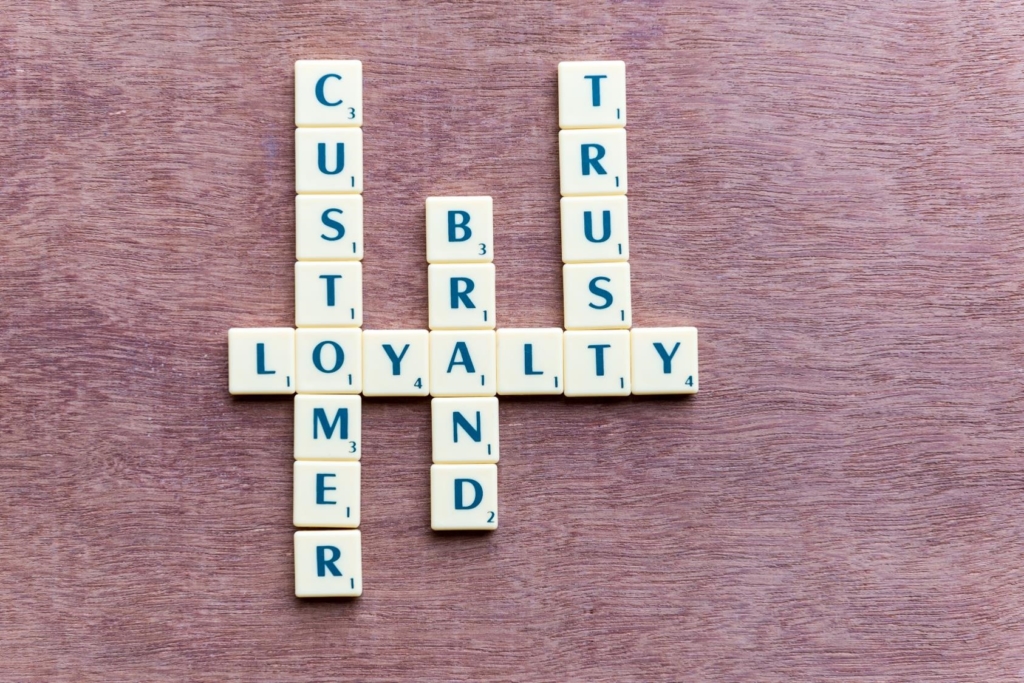As businesses across the globe tighten their belts to weather the economic impacts of COVID-19 marketing budgets have suffered significant cuts. In-house teams have shrunk, agencies let go and advertising spending slashed.
With many brands not able to invest the marketing dollars required to attract new customers, retention and brand loyalty are becoming even more critical to help companies weather the storm. For many companies the centre of their brand loyalty strategy is a loyalty program. The strategy is simple: reward loyal customers by providing a superior experience so they purchase more.
Big data powering loyalty programs
Loyalty programs have helped companies amass a large amount of data about their customers to tailor experiences back to them. By offering an increased understanding of customers and their behaviours, these data sets if used in the right way, can help companies optimally allocate shrinking marketing budgets.
One the most exciting prospects comes from combining loyalty program data with external data sources such as customer data sets held by co-marketing partners. While analysing your own data is valuable, much richer insights, accurate forecasts and exponential value can be unlocked by running analytics across multiple data sets. For example, a supermarket, a bank and a retail store may look to ascertain synergies in their customer groups before pooling marketing budgets to form a co-marketing campaign or a specialised offer
Managing data risks
While consumer data is the currency of modern business, collecting and using consumer data is associated with increasing risks for organisations. Around the world consumers are waking up to data privacy. Growing concerns about how personal data is stored and used by companies has led to the introduction of privacy laws such as Europe’s General Data Protection Regulation (GDPR) and the California Consumer Privacy Act. Organisations who breach these laws face hefty fines, with GDPR infringements reaching up to 4% of a company’s annual global turnover or €20 million (depending on which is greater).
As compliance requirements increase so do the cyber threats and attacks that put data at risk. By 2021 global cybercrime is expected to cost US$6 trillion annually.
While privacy and data security have always been front of mind for Chief Information Security Officers, more and more this responsibility is falling to everyone who handles consumer data within a company. Data security and privacy are now the cornerstones of trust, and no brand can afford to misstep. While marketing goals are still centred firmly on market share and revenue, reputation protection through good data management and governance is paramount to support them.
A recent study published by Point of Loyalty found that data security was a key concern for consumers who were members of loyalty programs. Consumers indicated that their top two concerns were knowing how their data is used and how it is secured.
The data practices of loyalty programs have also received attention from the Australian Competition & Consumer Commission (ACCC). In December 2019 they published a report following a review of the industry and voiced significant concerns around business practices. They highlighted a number of areas including the collection and use of consumer data and consent, with the ACCC putting the industry ‘on notice’ and recommending that data practices are improved and privacy requirements strengthened.
Sophisticated analytics with security at its core
So while data proves to be an increasingly important asset especially in a time of shrinking marketing budgets, it is also becoming more challenging to use. So how can data risks be minimised and data value maximised?
Using data analytics ethically and responsibly without falling foul of evolving legislation and threats is possible. The solution – encrypted data analytics.
Insights across encrypted data is possible using IXUP’s data analytics platform. Companies looking to make the most of their loyalty program data or co-market with another company can perform analytics and share insights on confidential, sensitive or personal datasets without ever unlocking, identifying or losing control of the data.
So, while the regulatory environment is becoming more complex, and the risks of managing and using data is rising, an elegant solution is at hand. Encrypted data analytics can help companies generate business-positive insights to inform their marketing and sales efforts. Most importantly this technology will safeguard customer trust – the most important asset for brand survival, especially in times of economic and social upheaval.
